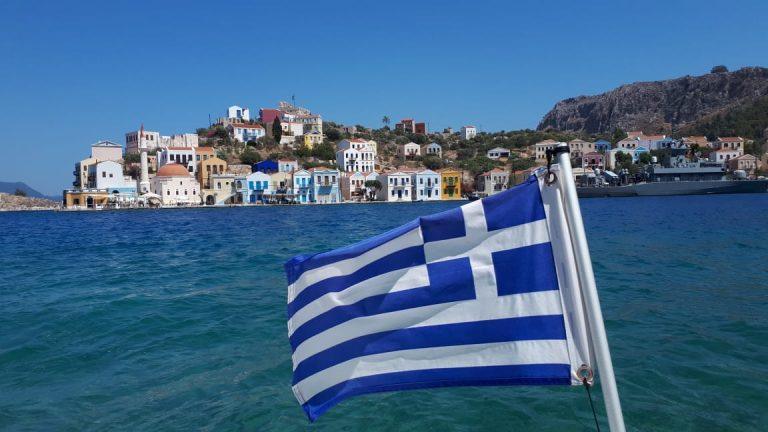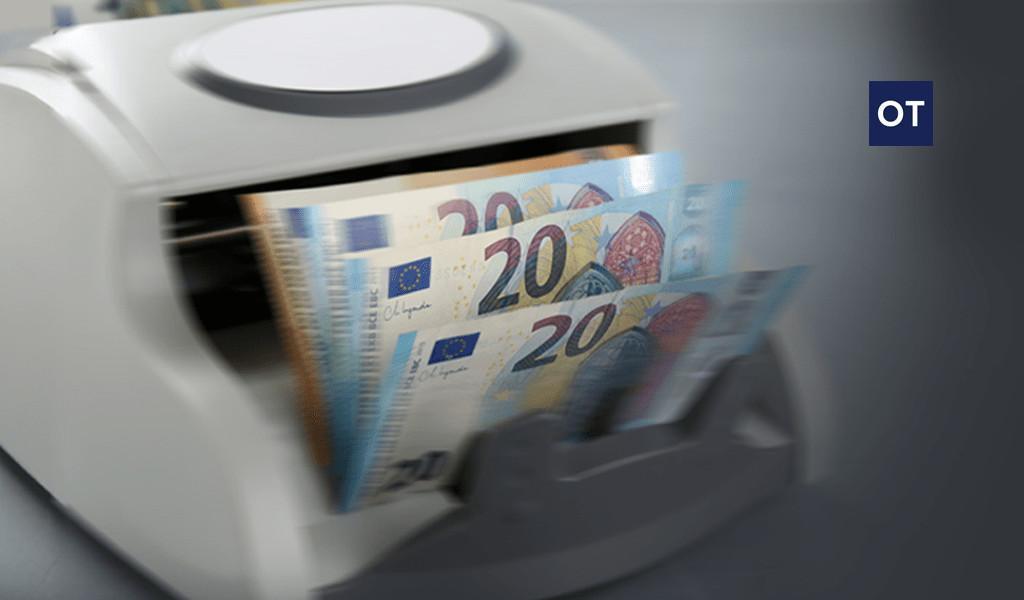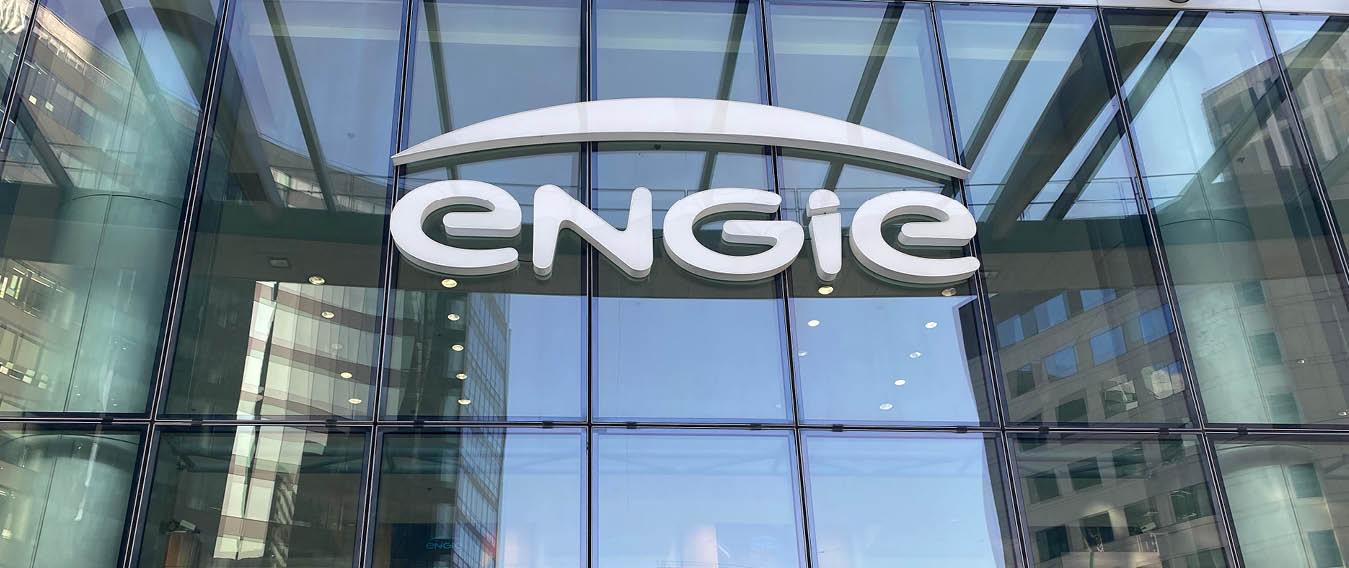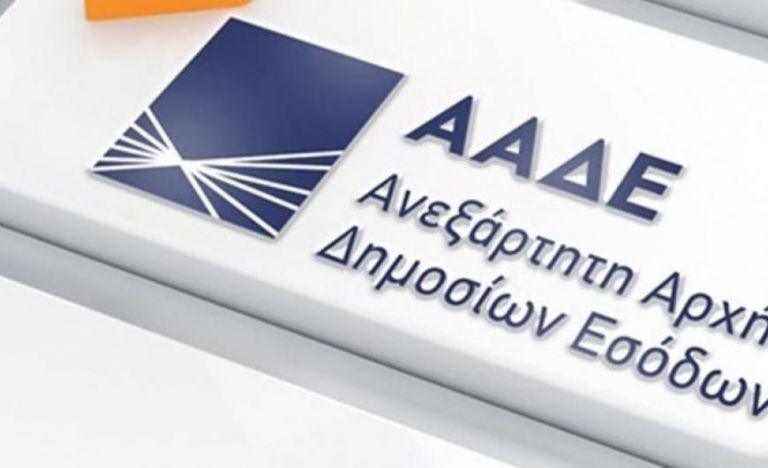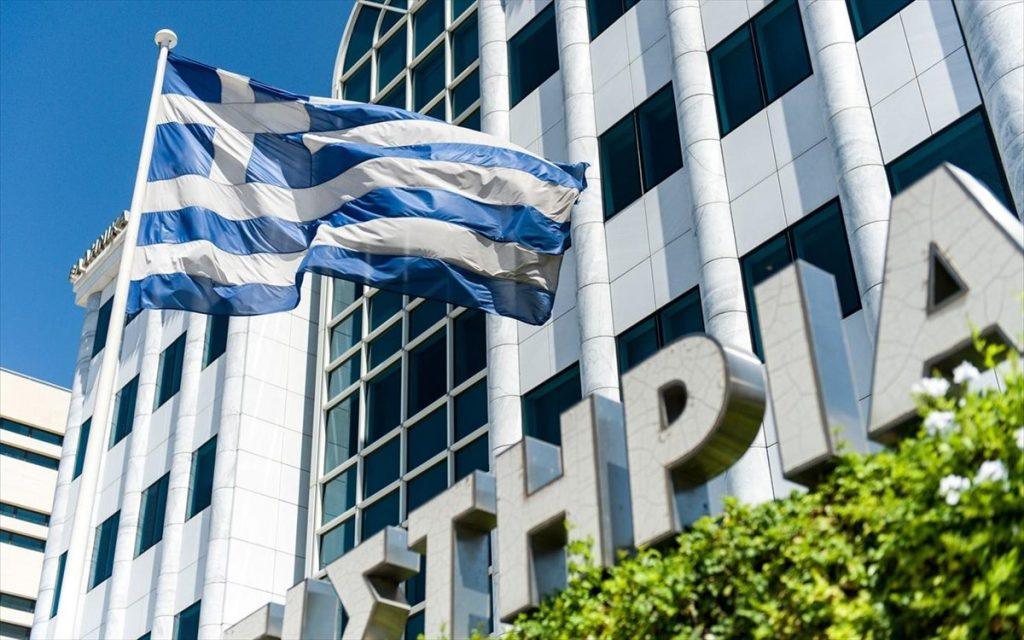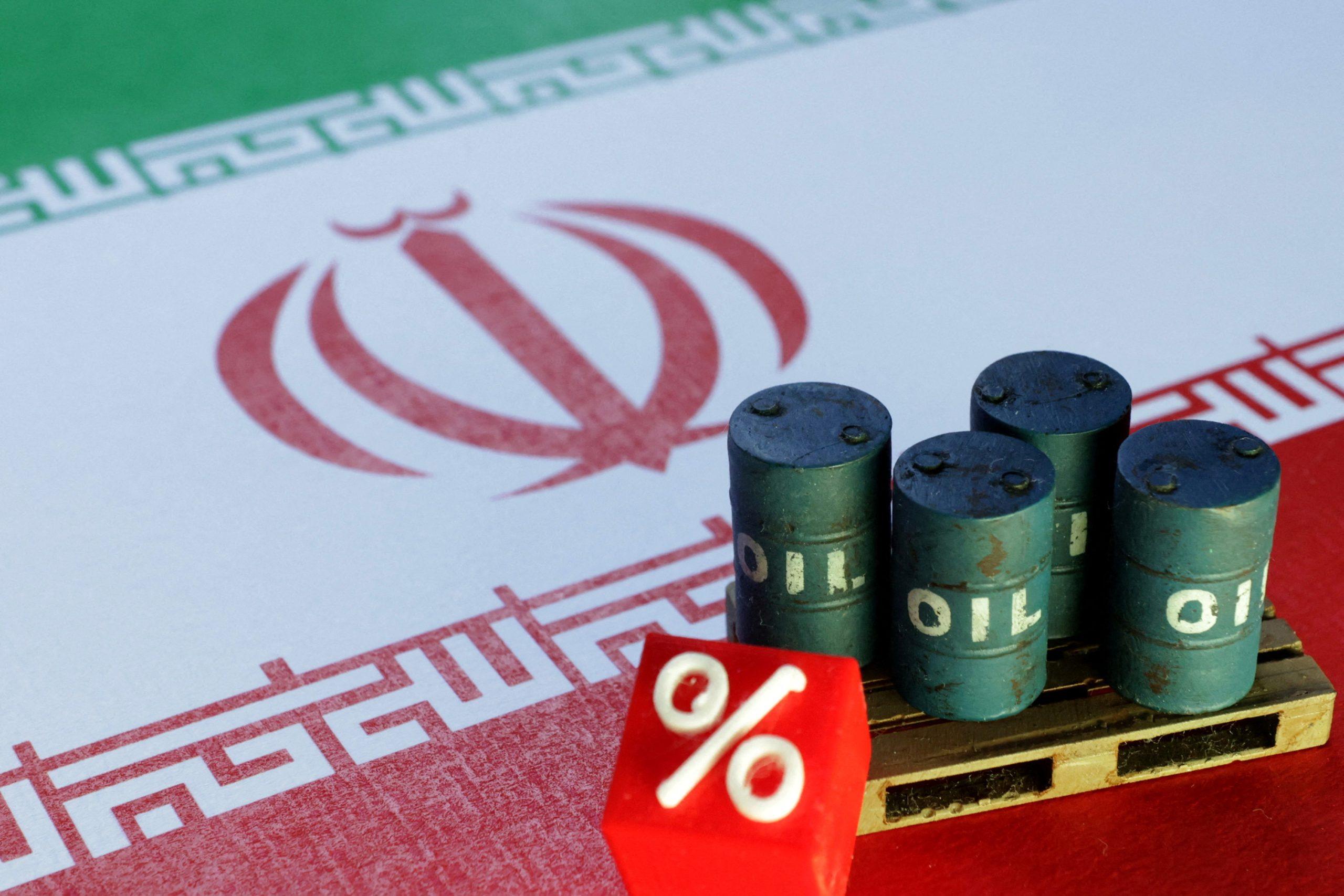Greek banks are considering the possibility of imposing negative interest rates for the first time in Greece in 2022, as the monetary policy implemented by the European Central Bank (ECB) makes it difficult for them to strengthen their organic profitability.
The reason is that for the excess liquidity they keep from deposits, they pay a “fine” of 0.50%. And if so far this cost is covered by their subsidized financing by the Eurosystem, by the Bank of Greece in this case, at a rate of 1%, this will not happen for long.
The point, then, is that deposits that are not converted into loans are charged double to the systemic groups, through the interest paid to both the domestic monetary authority and the depositors themselves.
Banks have already almost zeroed interest rates on the vast majority of deposit schemes. But that does not seem to be enough. In this context, the imposition of negative interest rates from next year, at least on companies, is being considered.
That is, the latter will pay interest to the bank for the money deposited, as has been the case for several months in Cyprus.
According to a banking source, “every euro of net income growth matters now. The management of the systemic groups may not confirm that the policy of negative interest rates will be implemented over time, however this possibility cannot be ruled out. The relevant exercises for the benefit that will result have already been completed, given the significant strengthening of the deposit base after the outbreak of the pandemic.”
The source added, however, that “this is not an easy decision, as there is always the risk that the banks will be in the public eye again. In this context, alternatives are being considered. The desired increase in revenue could come from other forms of intervention, such as increasing commissions imposed on corporate accounts today or imposing new ones.”
This is because “the choice of charges is easier to manage in terms of communication, in relation to the application of negative interest rates. The aim is to increase revenue, regardless of the method chosen,” said the same source.
At the same time, the promotion of investment programs to private savers will continue with undiminished intensity next year, in order to reduce the balances in their accounts.
What is happening in Cyprus
A typical example is Cyprus, where many banks already charge their customers, individuals and legal entities, in various ways.
Specifically:
– Individuals are charged for the maintenance of each account, which can reach depending on its type, up to 7 euros per month
– Especially for companies, in addition to the costs of maintaining an account (up to 30 euros per month), for amounts over 100,000 euros they pay an interest rate, which can even reach the level of 0.50%.
– Banks are also strict with accounts that have been immobile for some time. In some, the property charge is set at 15 euros per semester.











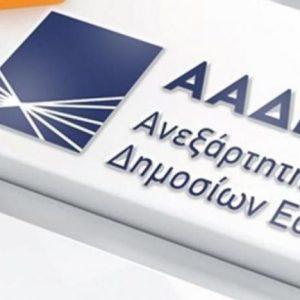





![Ακίνητα: Σε ποια εξοχικά στρέφονται οι επενδυτές [ πίνακας]](https://www.ot.gr/wp-content/uploads/2026/02/property-scaled.jpg)







